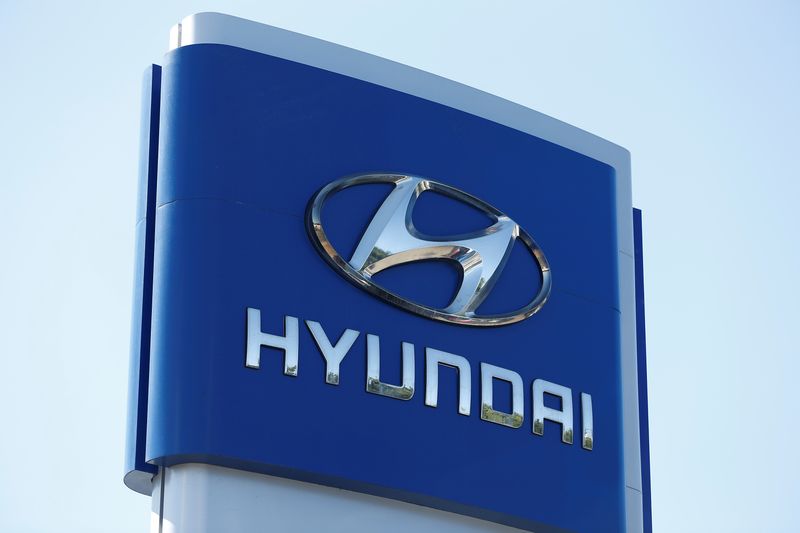Introduction
When it comes to the shares of companies, there are two commonly available types in the market. These include common shares and preferred shares. While they both give shareholders certain rights, there are some differences between them. Therefore, it is crucial to understand the differences between them.
What are Common Shares?
Common shares sometimes referred to as ordinary shares, are the most commonly traded shares of companies. Usually, when people talk about the shares of a company, they refer to common shares. Most companies around the world only issue ordinary shares. Common shares give shareholders partial ownership of a company. It also comes with certain voting rights, which allows common shareholders to choose the board of directors of a company.
Apart from voting rights, common shareholders also get the right to receive dividends. Dividends are the distribution of the profits of a company to its shareholders. Some companies may not distribute dividends at all. However, most others do pay their shareholders regular dividends, usually at the end of each accounting period.
However, dividends aren’t the only type of return that common shareholders get. Common shareholders can also benefit from an increase in the price of the shares of a company, which can result in capital gains for them. Capital gains happen with the market price of the shares of a company exceed the price paid by the shareholders originally.
Finally, common shares also give rights to the assets of a company in case of liquidation. However, there are some conditions attached to the assets they can receive. For example, in the case of liquidation, a company must pay all its debts first. After the repayment of these debts, if the company has any assets remaining, it is distributed to its shareholders.
What are Preferred Shares?
Preferred shares are different from common shares due to many reasons. Companies issue preferred shares less frequently as compared to common shares. Furthermore, preferred shares give the shareholder a preference over ordinary shareholders. However, they do not come with voting rights, unlike common shares. Therefore, preference shareholders cannot take part in selecting the board of directors of a company.
When it comes to dividends, preferred shares come with an advantage. Usually, preference shareholders receive a higher dividend as compared to common shareholders. Similarly, the dividend that companies pay to their preferred shareholders is predetermined, unlike common shares. When paying dividends, companies must pay preferred shareholders first and any remaining amount to common shareholders.
While preferred shares can still generate a capital gain for shareholders, they do not appreciate in value as much as common shares. Therefore, preferred shareholders don’t usually rely on capital gains but mostly buy preferred shares for dividends. The market price and capital gain on preferred shares also depend on how close they are to maturity.
Finally, in case a company liquidates, preferred shareholders get an advantage over ordinary shareholders. As mentioned above, companies must pay their debts first when liquidated. However, after paying these debts, they must first compensate their preferred shareholders. Any remaining amount after they pay off their debts and preferred shareholders are attributable to common shareholders.
Valuing Preferred Shares
The valuation of preferred shares is different from the valuation of common shares. Preferred shares can be valued using the same valuation method as convertible and/or callable bonds.
Conclusion
Common or ordinary shares are shares that give partial ownership of the company to shareholders. On the other hand, preferred shares are also similar but come with a preference over common shares. Both of them are different due to many reasons. These include differences in voting rights, dividends, capital gains, and preference at liquidation.
Further questions
What's your question? Ask it in the discussion forum
Have an answer to the questions below? Post it here or in the forum

A proposal to give up search and user data faces long odds but still raises the stakes for the company.

After US federal prosecutors charged Gautam Adani and several associates with fraud, media coverage in India has ranged from dryly factual to over-the-top in its defensiveness, revealing a divide over how to appraise bribery accusations against one of the nation’s richest businessmen.

As artificial wave pools proliferate around the world, surf park developers aim to go green to counter criticism over energy and water use.

